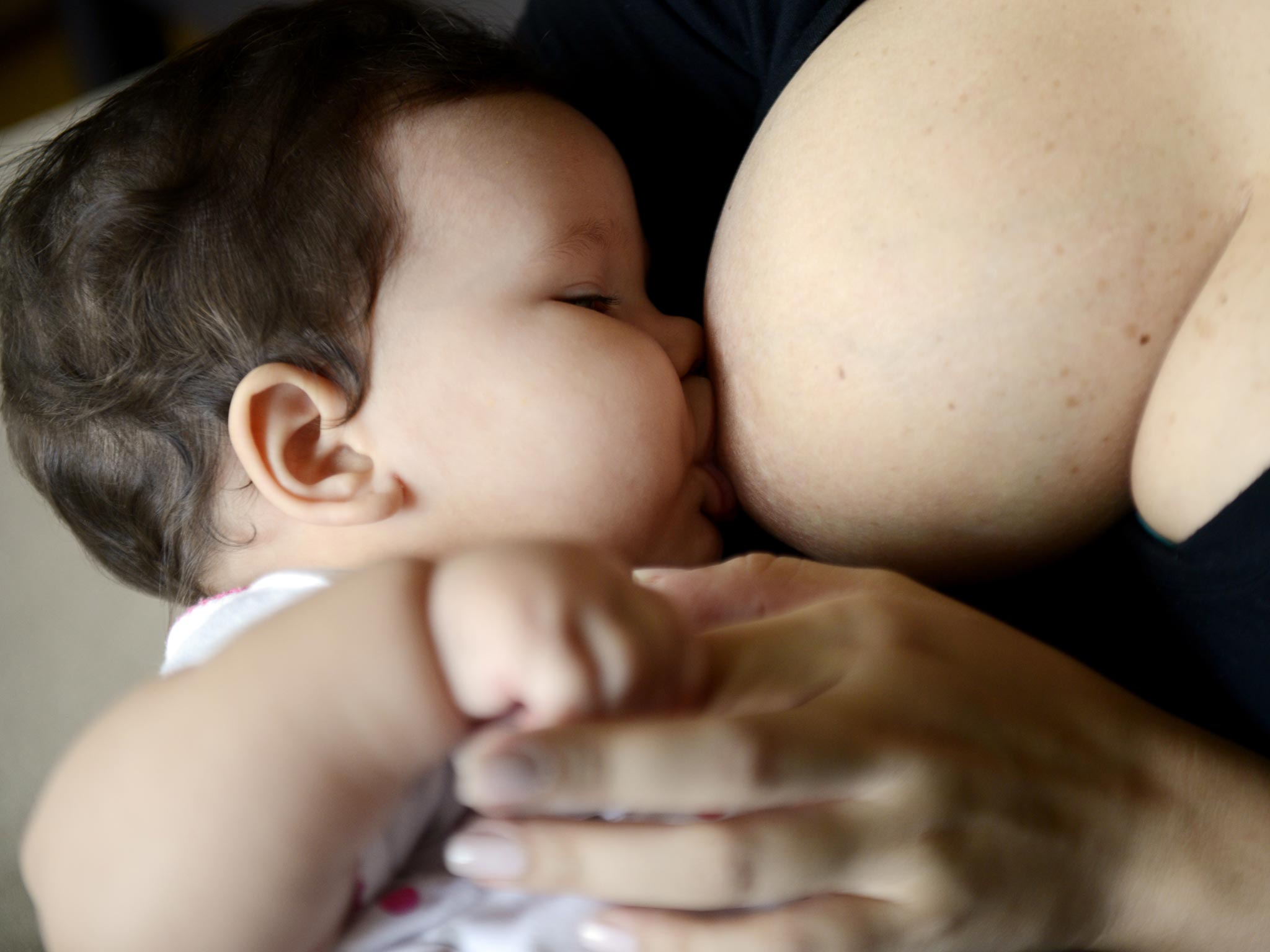Breast milk contains natural stress hormone
And girls and boys are affected differently by it

Your support helps us to tell the story
From reproductive rights to climate change to Big Tech, The Independent is on the ground when the story is developing. Whether it's investigating the financials of Elon Musk's pro-Trump PAC or producing our latest documentary, 'The A Word', which shines a light on the American women fighting for reproductive rights, we know how important it is to parse out the facts from the messaging.
At such a critical moment in US history, we need reporters on the ground. Your donation allows us to keep sending journalists to speak to both sides of the story.
The Independent is trusted by Americans across the entire political spectrum. And unlike many other quality news outlets, we choose not to lock Americans out of our reporting and analysis with paywalls. We believe quality journalism should be available to everyone, paid for by those who can afford it.
Your support makes all the difference.A hormone that is released when someone is under physical or emotional stress has been found in breast milk and appears to affect babies differently depending on their sex, a study of laboratory monkeys has shown.
Scientists found that levels of the stress hormone cortisol in breast milk can vary between mothers and that it affects sons and daughters in a different way. The researchers believe the same is likely to be true for human breast milk.
Female babies fed on breast milk with relatively high concentrations of cortisol showed behavioural changes, such as irritability, fear, anger and discomfort, which were not shown in sons fed on breast milk with similar concentrations of the hormone, said Katie Hinde, an evolutionary biologist at Harvard University in Cambridge, Massachusetts.
The findings lend further support to the idea that “breast is best” and that formula milk does not provide the same nutritional benefits as breast milk. However, when formula milk is unavoidable, the results also suggest that its make-up might be altered depending on whether the baby is a boy or a girl, Dr Hinde said.
“We have good reason to be sceptical of one size fits all for formula milk,” she told the American Association for the Advancement of Science.
“These studies are showing that mother’s milk affects behaviour and there seems to be differences in that effect for sons and daughers,” she told the meeting
“Our study is a step forward in that it integrates the food aspect of milk as well as the signal from the hormone,” she said.
Cortisol receptors, which are activated in the presence of the hormone, are present in the lining of the gut wall of a baby as well as within the brain. The presence of the hormone in breast milk suggests its plays an important role in influencing the behaviour of breast-feeding infants, depending on the baby’s gender, Dr Hinde said.
Join our commenting forum
Join thought-provoking conversations, follow other Independent readers and see their replies
Comments